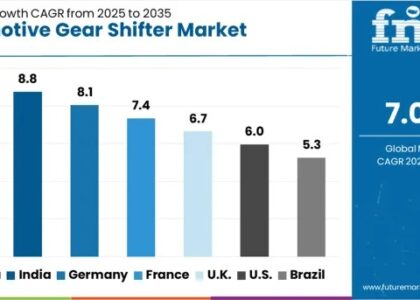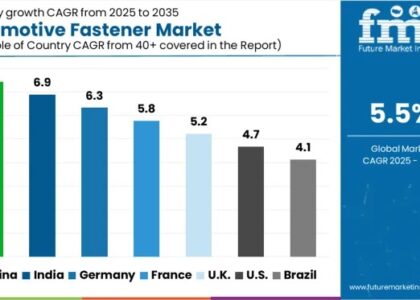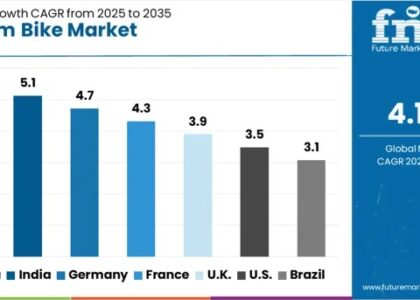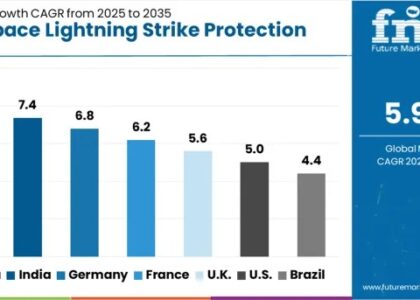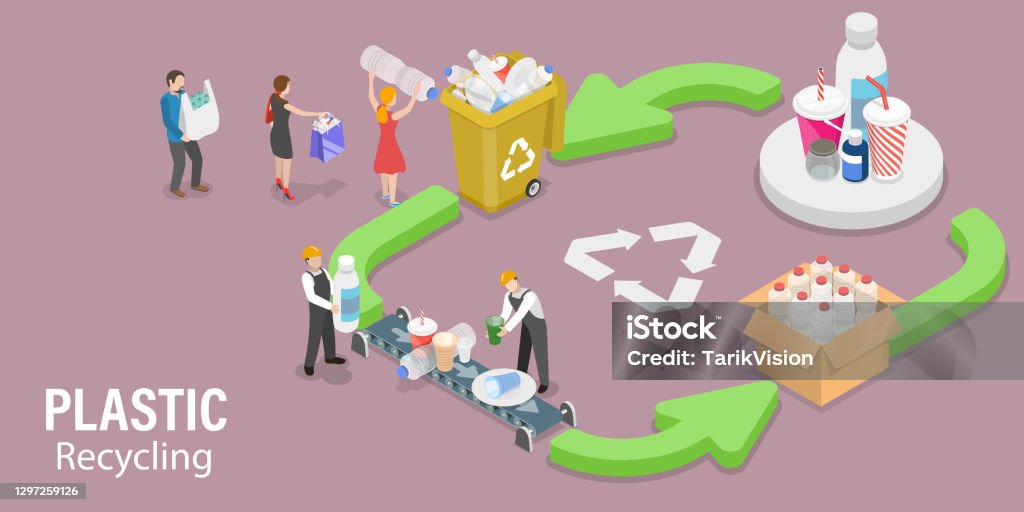
In recent years, the packaging industry has witnessed a significant shift towards embracing sustainability, technological advancements, and consumer-centric approaches. Three key trends driving this transformation are digital printing, personalized packaging and recycling.
1] Personalized packaging has emerged as a powerful tool for brands to connect with consumers on a deeper level and foster brand loyalty. By leveraging consumer data and insights, companies can create packaging that speaks directly to individual preferences, lifestyles, and values. Whether through customized designs, product recommendations, or interactive elements, personalized packaging enhances the overall consumer experience and strengthens brand-consumer relationships. From luxury cosmetics to everyday household products, brands across industries are embracing personalized packaging as a means to stand out in a crowded marketplace and drive customer engagement.
2] Digital printing technology has revolutionized the packaging industry, offering unparalleled flexibility, speed, and customization capabilities. With digital printing, brands can create eye-catching designs, vibrant colors, and intricate patterns, all while minimizing waste and production time. This technology enables on-demand printing, allowing companies to produce smaller batch sizes and tailor packaging to specific market segments or individual consumer preferences. From personalized messages to seasonal promotions, digital printing empowers brands to create engaging packaging experiences that resonate with their target audience.
3] Recycling has become a cornerstone of the packaging industry as companies increasingly prioritize environmental sustainability. From using recycled materials to designing packaging that is easily recyclable, manufacturers are adopting circular economy principles to minimize waste and reduce their carbon footprint. By implementing innovative recycling processes and collaborating with recycling facilities, packaging companies are striving to create a closed-loop system where materials are reused and repurposed, contributing to a more sustainable future.
According to Future Market Insights, Inc., the global recycled plastic packaging market size is anticipated to grow at US$ 28.9 billion in 2024. The market valuation is poised to surpass US$ 61.2 billion by 2034, registering a promising CAGR of 7.8%.
Access Sample Report for “Recycled Plastic Packaging Market”: https://www.futuremarketinsights.com/reports/sample/rep-gb-18780
Current Scenario of Plastic Packaging and Solutions
As the global concern over plastic pollution and environmental degradation continues to rise, the packaging industry faces increasing pressure to adopt sustainable practices. One area of focus is the use of recycled plastic packaging, which offers a viable alternative to traditional single-use plastics and helps mitigate the environmental impact associated with plastic waste.
The environmental impact of plastic packaging is significant, with millions of tons of plastic entering landfills and oceans each year, causing harm to wildlife, ecosystems, and human health. Additionally, the production of virgin plastic contributes to greenhouse gas emissions and relies heavily on finite fossil fuel resources.
Recycled plastic packaging presents a promising solution to these challenges by diverting plastic waste from landfills and reducing the demand for virgin plastic production. By collecting, sorting, and processing post-consumer plastic waste, companies can create high-quality recycled plastic resin suitable for packaging applications. This closed-loop approach not only conserves natural resources but also reduces energy consumption and greenhouse gas emissions associated with plastic production.
In addition to its environmental benefits, recycled plastic packaging also offers opportunities for alternative business models and revenue streams. One such model is the circular economy, where companies engage in the collection, recycling, and reuse of plastic packaging materials. By integrating recycled content into their packaging products, businesses can create value from waste and demonstrate their commitment to sustainability, thereby enhancing brand reputation and consumer loyalty.


